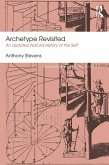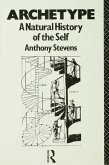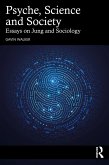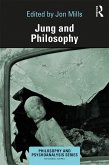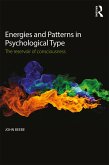C.G. Jung's 'archetypes of the collective unconscious' have traditionally remained the property of analytical psychology, and have commonly been dismissed as 'mystical' by scientists. But Jung himself described them as biological entities, which, if they exist at all, must be amenable to empirical study. In the work of Bowlby and Lorenz, and in studies of the bilateral brain, Anthony Stevens has discovered the key to opening up this long-ignored scientific approach to the archetypes, originally envisaged by Jung. At last, in a creative leap made possible by the cross-fertilisation of several specialist disciplines, psychiatry can be integrated with psychology, with ethology and biology. The result is an immensely enriched science of human behaviour.
In Archetype Revisited, Stevens considers the enormous cultural, social and intellectual changes that have taken place since the publication of the original edition, and includes:
- An updated chapter on The Archetypal Masculine and Feminine, reflecting recent research findings and developments in feminist thinking;
- Commentary on the intrusion of neo-Darwinian thinking into psychology and psychiatry;
- Analysis of what has happened to the archetype in terms of our understanding of it and our responses to it.
This Classic Edition of the book includes a new introduction by the author.
Dieser Download kann aus rechtlichen Gründen nur mit Rechnungsadresse in A, B, BG, CY, CZ, D, DK, EW, E, FIN, F, GR, HR, H, IRL, I, LT, L, LR, M, NL, PL, P, R, S, SLO, SK ausgeliefert werden.
'Reading this book is an enlightening experience. Stevens draws the reader into a wide landscape of exploration which brings with it new and interesting insights and connections. He has endeavoured to cover all aspects of what is meant by the term 'archetype' and to bring the reader up to date with current research and ideas... The book itself is an archetypal exploration of the spectrum of what it means to be human and to live and express humanness and, as such, is an important contribution which is well worth reading.' Journal of Analytical Psychology, no. 48, 2003



